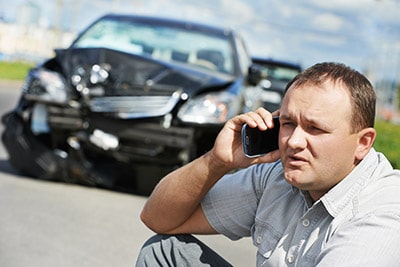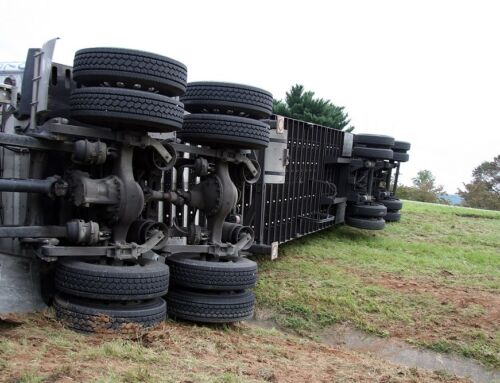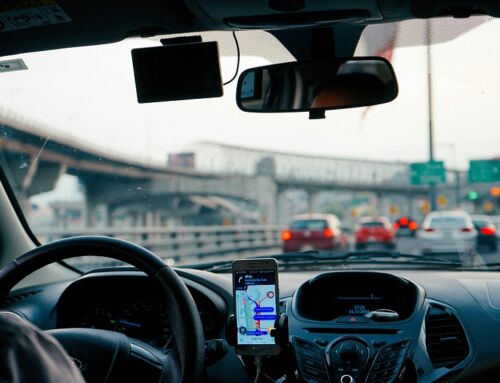Rear-end accidents are among the most common kind of car accident. According to estimates, there are over 1.7 million rear-end crashes in the US every year. The vast majority of these accidents are non-fatal, but they can still cause moderate to significant injury.
Most people think that in the case of rear-end collisions, the person who hit the other car from behind is automatically responsible. However, this ‘rule’ is just a presumption, and not necessarily generally true. In some circumstances, the driver who rear-ended the other vehicle may not be at fault.
Car Accidents Are About Negligence
A lot of litigation about car accidents, and accidents in general, is about negligence and responsibility. Basically, a person is considered to have been acting negligently if their actions do not meet the standard for what a reasonable person would or would not do in that situation.
For example, if you shot a gun straight up into the air in a crowd, and a bullet falls and hits someone, even if you did not intend to hurt anyone, you can still be responsible because your behavior falls short of what a reasonable person would do.
In order for a driver to be considered negligent, there must first be established some duty of reasonable care. In the case of driving, it is pretty easy to establish such a duty. Drivers owe it to each other to exercise care and caution to others when operating a vehicle.
Drivers can break this duty of reasonable care through certain actions—actions that a reasonable person would not perform while driving; e.g.:
- Taking their hands off the wheel
- Ignoring traffic signs and lights
- Driving too quickly or slowly
- Failure to follow rules of yielding and right of way
- Driving and handling a car recklessly
In order for someone to be held responsible for a car accident, you must show that there was a duty, the driver performed some action that breached that duty, and, most importantly, that breach of duty is what caused the accident. There must also be bodily injuries or damages.
So, in the case of rear-end collisions. If you are stopped at a stop sign and a person fails to stop in time and rear-ends you, then they would most likely be held responsible for the accident because they had a reasonable duty to stop in time for the sign.
Alternatively, if you were driving on the highway and slowed down very abruptly and a person rear-ended you, they may be deemed to either be only partially liable or not liable at all because you were also driving in a negligent manner.
If you need to speak with a personal injury lawyer about your car accident call us anytime, the consultation will be free.
At Hurst Limontes LLC, we always offer free consultation on your car accident case. Following consultation, specifics of the case will be discussed with your personal health the #1 concern.
Looking for a personal injury lawyer following a rear end car accident? Contact Hurst Limontes LLC today to get a free consultation.





